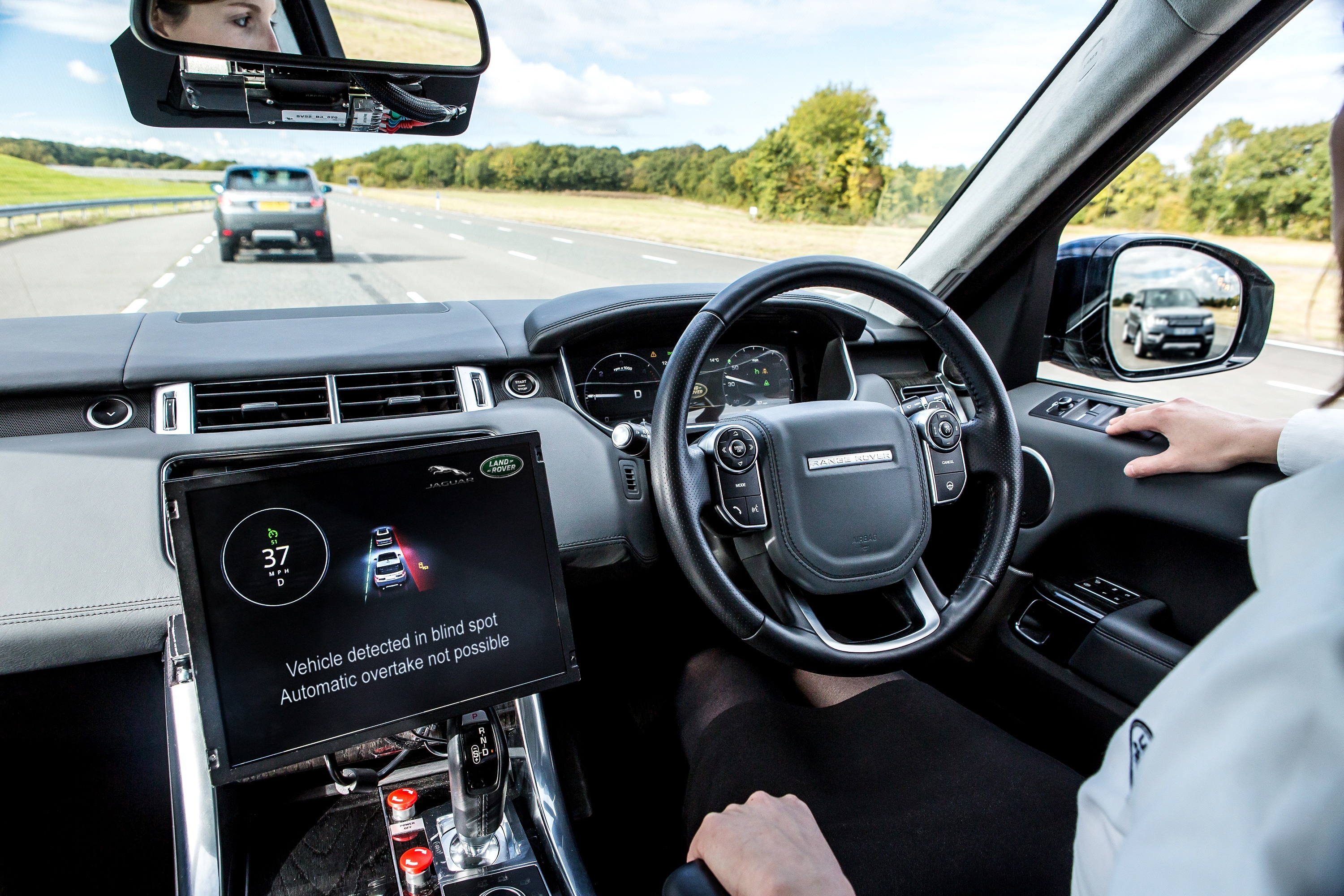On 1 June 2018, Exeter Law School hosted the “Future Challenges for Autonomous Vehicles” at Reed Hall. The event brought together academics, business and policymakers to discuss some of the legal challenges that will occur due to the introduction of autonomous vehicles. The discussions focused on questions of insurance and liability and the topic of mobility, including in relation to congestion and an aging population. The workshop was convened by SCuLE researcher Matthew Channon, whose work focuses on the legal challenges relating to autonomous vehicles, including the interaction between law, technology and mobility.
The event featured five speakers: Dr Nick Reed (Bosch), Giles Perkins (WSP), Anthony Dempster (Herbert Smith Freehills), Dr Elham Asadi (University of Cambridge) and Dr Matthew Channon (University of Exeter). The day began with Anthony Dempster and Matthew Channon talking about the legal challenges both business and society are likely to face, particularly in relation to liability and insurance. The Automated and Electric Vehicles Bill was a key theme of the early discussions due to its importance in reforming insurance law. The Bill is significant and somewhat unusual, as it has been introduced in advance of the technology becoming available, making it predictive in nature. The event then turned to challenges relating to future mobility, with Dr Elham Asadi covering congestion challenges, followed by Giles Perkins discussing a number of significant mobility challenges including connectivity and population. Our final speaker, Dr Nick Reed examined some of the benefits that autonomous vehicle technology is likely to bring, along with potential ‘hype’ around the technology.
The event was highly successful, with over 50 participants from across the UK, including representatives from a number of interested businesses and policymakers, in attendance. Matthew aims to run the event yearly, to continue to bring experts from across the UK to the South West to address potential legal and mobility challenges that may arise as the technology continues to develop.
Photo: Jaguar MENA, CC BY 2.0

